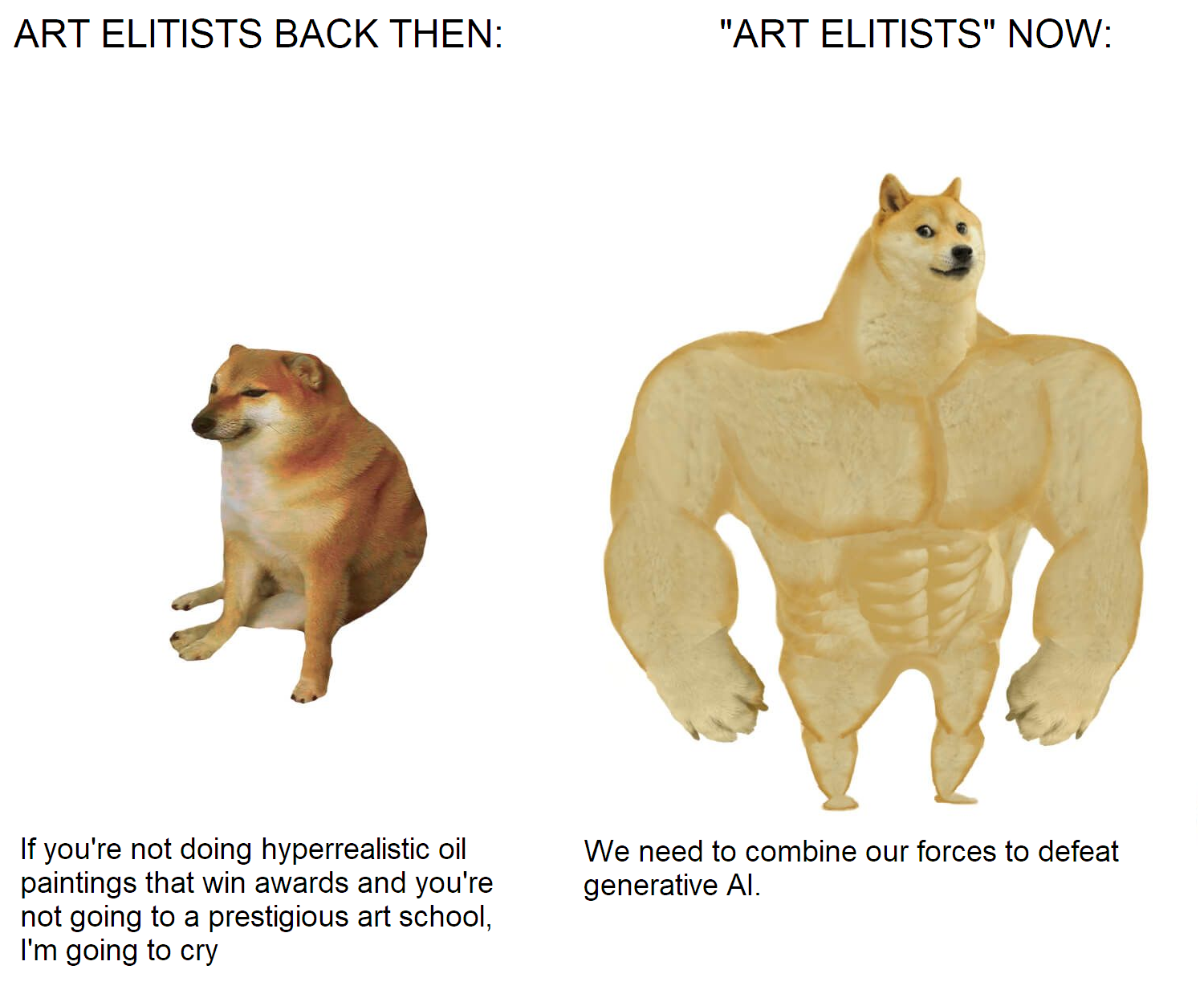Image AI is cool as fuck and I refuse to pretend otherwise.
The dolts charging money for "commissions," or even just bragging about something they allegedly created, will be a blip for these few short years. The tech will become another tool anyone can use so long as they have a few free gigabytes... which is already a bit like saying, so long as they have a few free megabytes.
If there's any unavoidable AI tells, when someone sketches an image but has Photoshop finish it for them, we'll come to spot those as readily as we spot gradient fill or the oil-paint filter. They'll be a sign someone did some, but not all, of the hard work. Big whoop.
If there are no tells - if more training lets an overworked graphics card churn out exactly what you describe, as surely as a human artist might - that's gonna be fantastic for expression. And it won't prevent anyone from painting with actual brushes and canvas.
The video versions of this stupid GPU trick will allow any weirdo to turn their original script or sordid fanfiction into an actual movie you can watch with your eyeballs. The characters don't need to look or sound like any specific real actor. It's gonna get wild.
